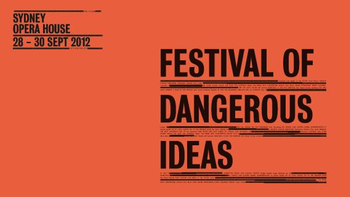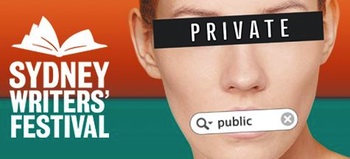 The program for the Sydney Opera House’s Festival of Dangerous Ideas 2012 is out, and I’m on it.
The program for the Sydney Opera House’s Festival of Dangerous Ideas 2012 is out, and I’m on it.
In particular, I’m on a panel discussion called I Share Therefore I Am on Saturday 29 September from 1pm to 2pm.
Whether we lead our whole life online or just dip our toes into the ‘digital pool’ for news or shopping, information about everything we do is being collected, and analysed. Should we accept that our digital footprint will follow us to the grave, shaping our life along the way? Or should we try to hold on to our privacy — even (or especially) when online? Hear from two people who live online, but have distinctly different points of view about the age of sharing and radical transparency.
The person other than me is Victoria Doidge, director of marketing, communications & customer services at the Sydney Opera House. She’s of the share-it-all view, ‘cos the worst that can happen is you’ll see more relevant advertisements. Or something.
I plan to kick off my part of the discussion by sketching out some alarming scenarios made possible by data mining all the things.
[Update 14 September 2012: Added link to session page on Sydney Opera House website.]


